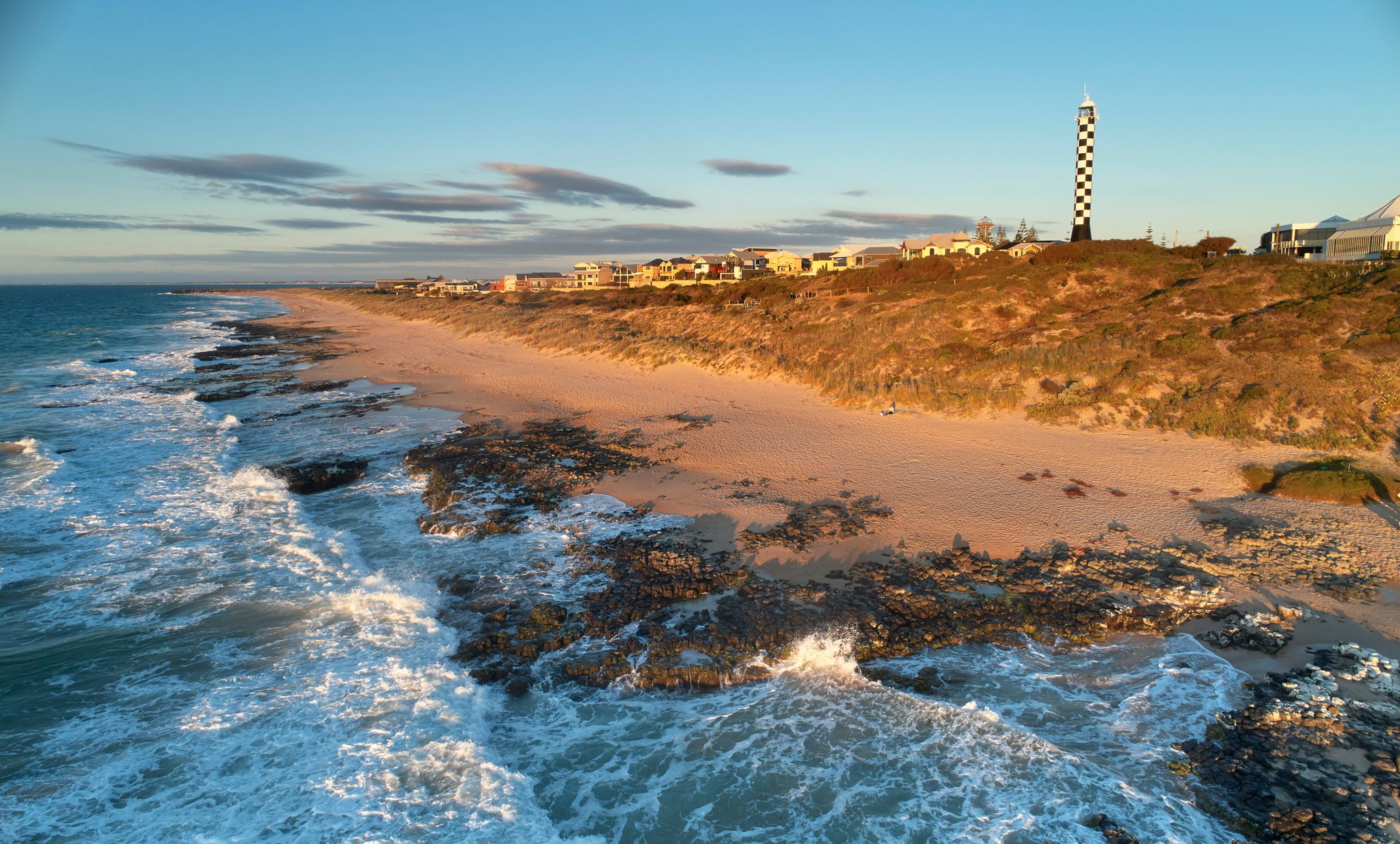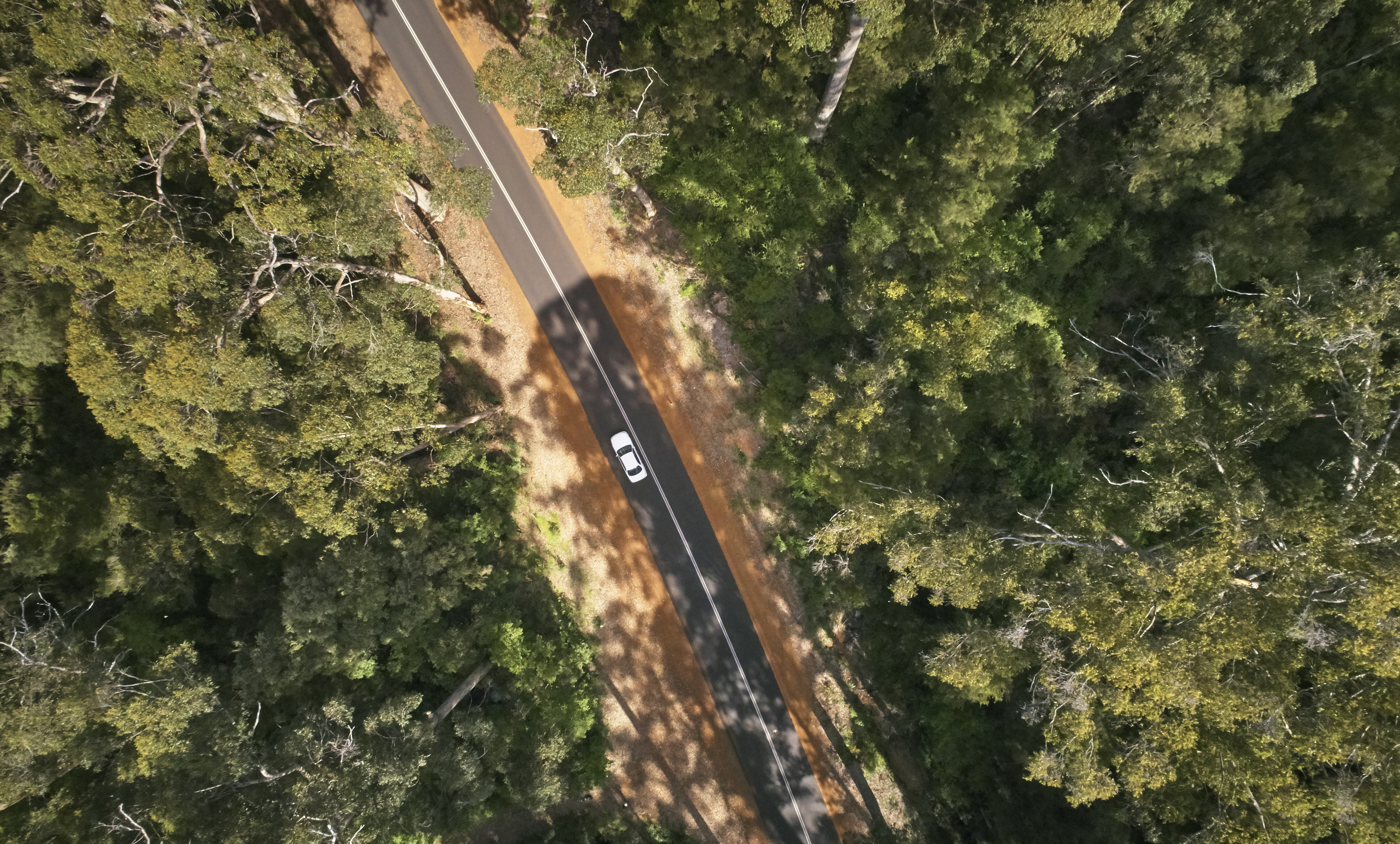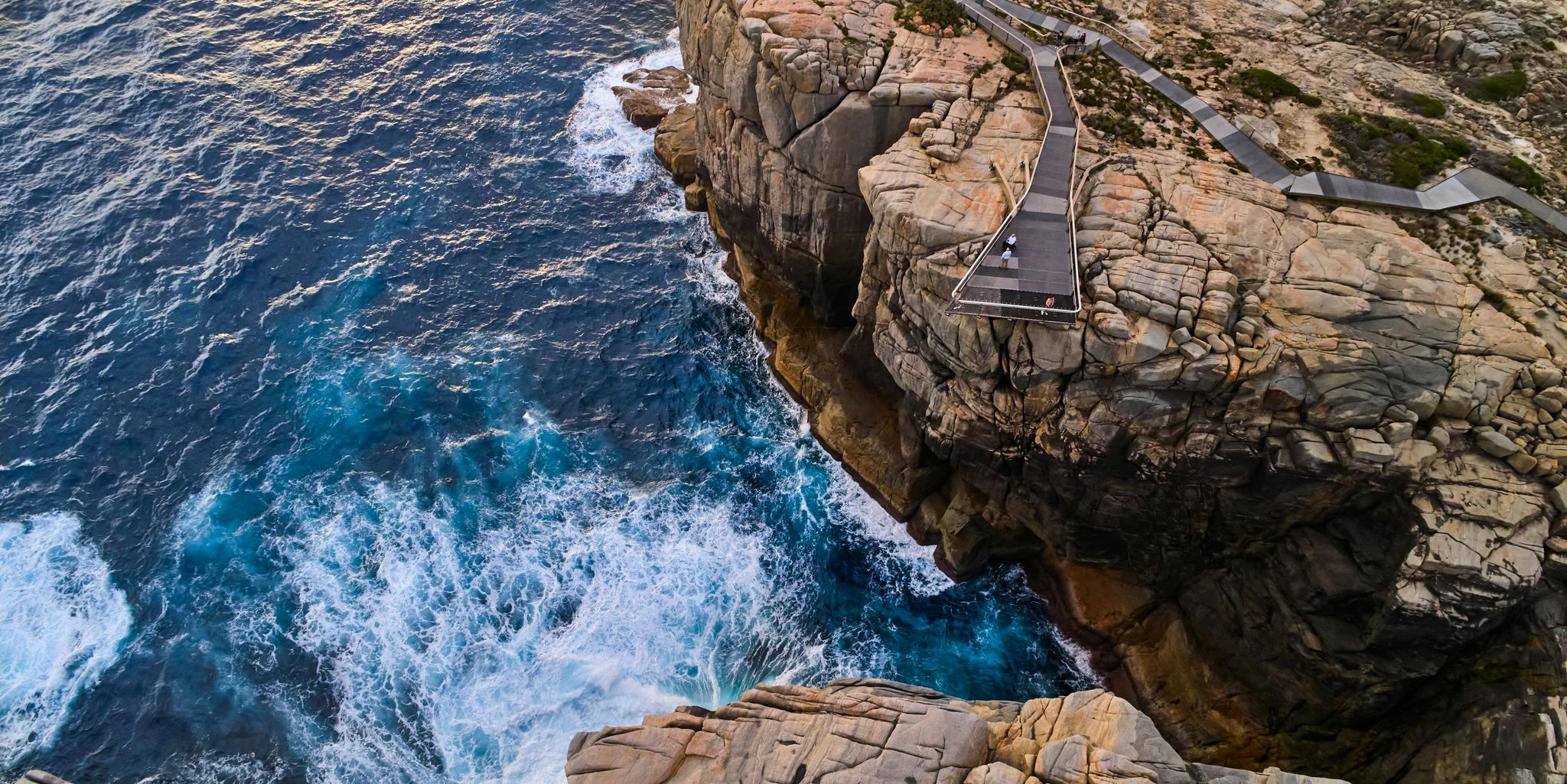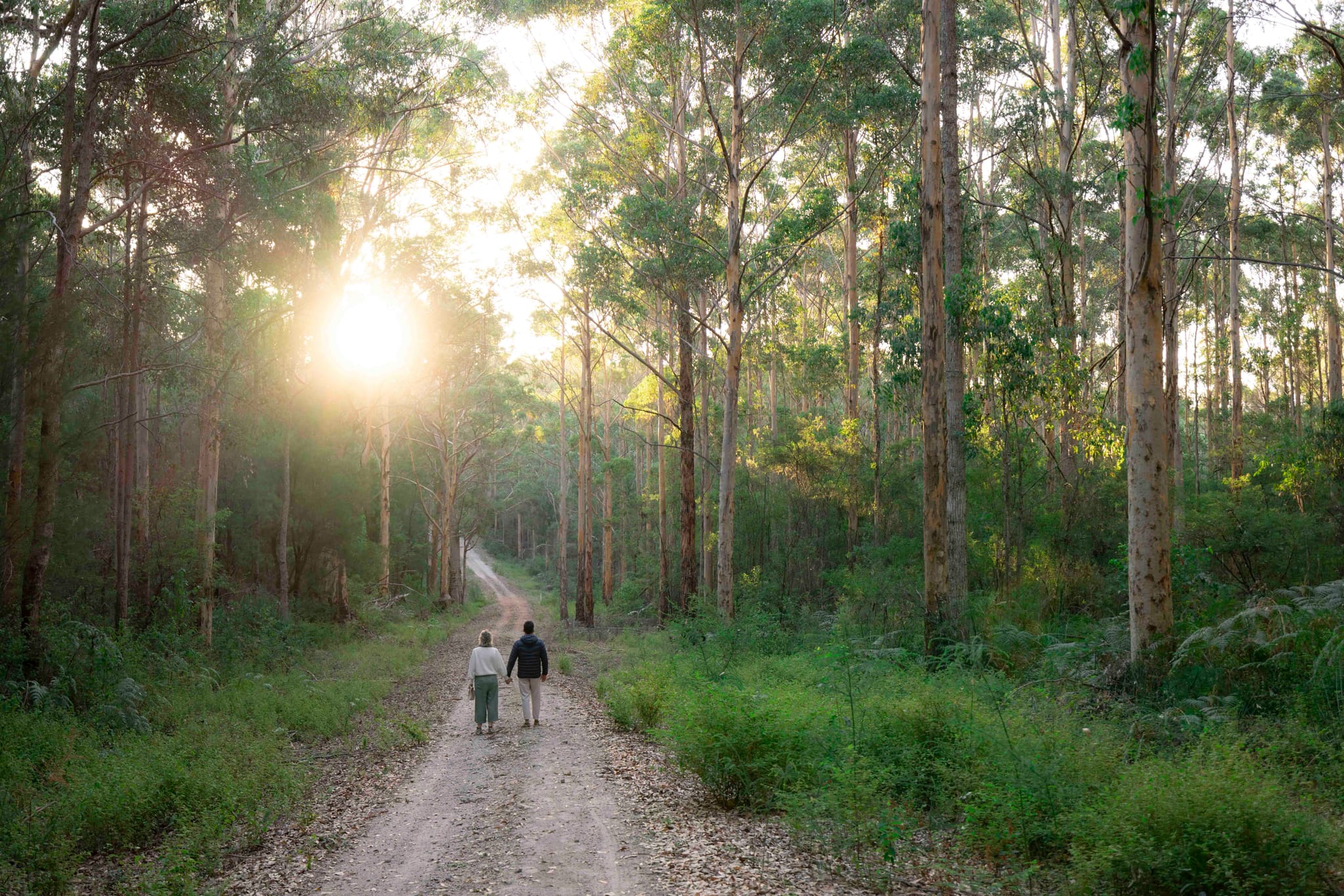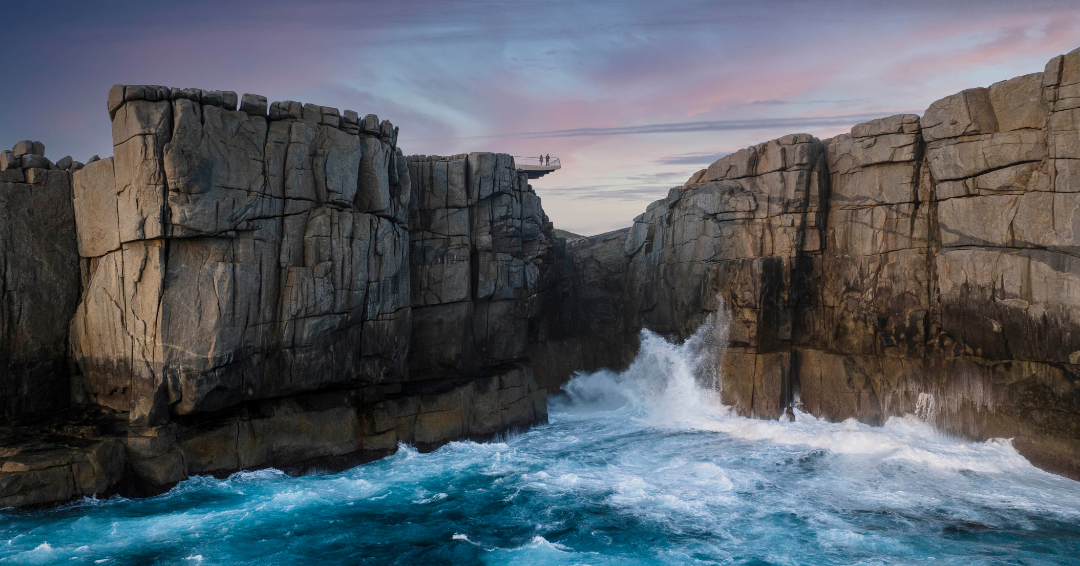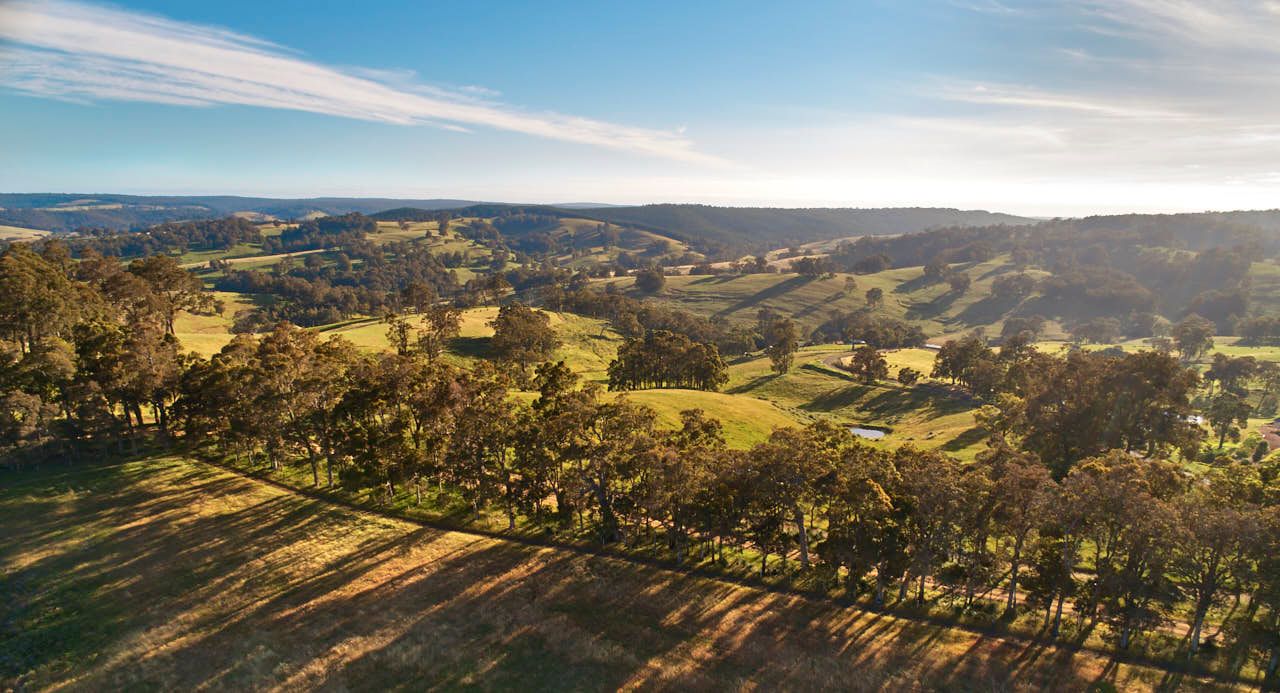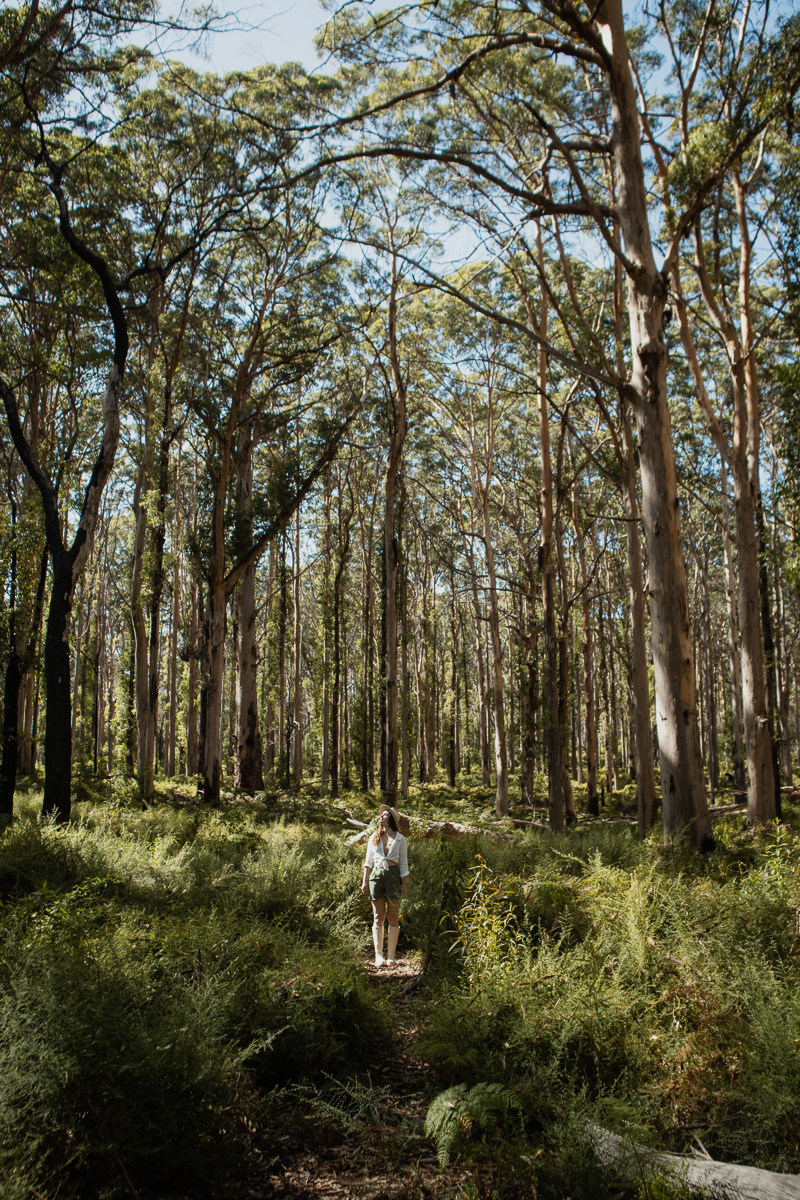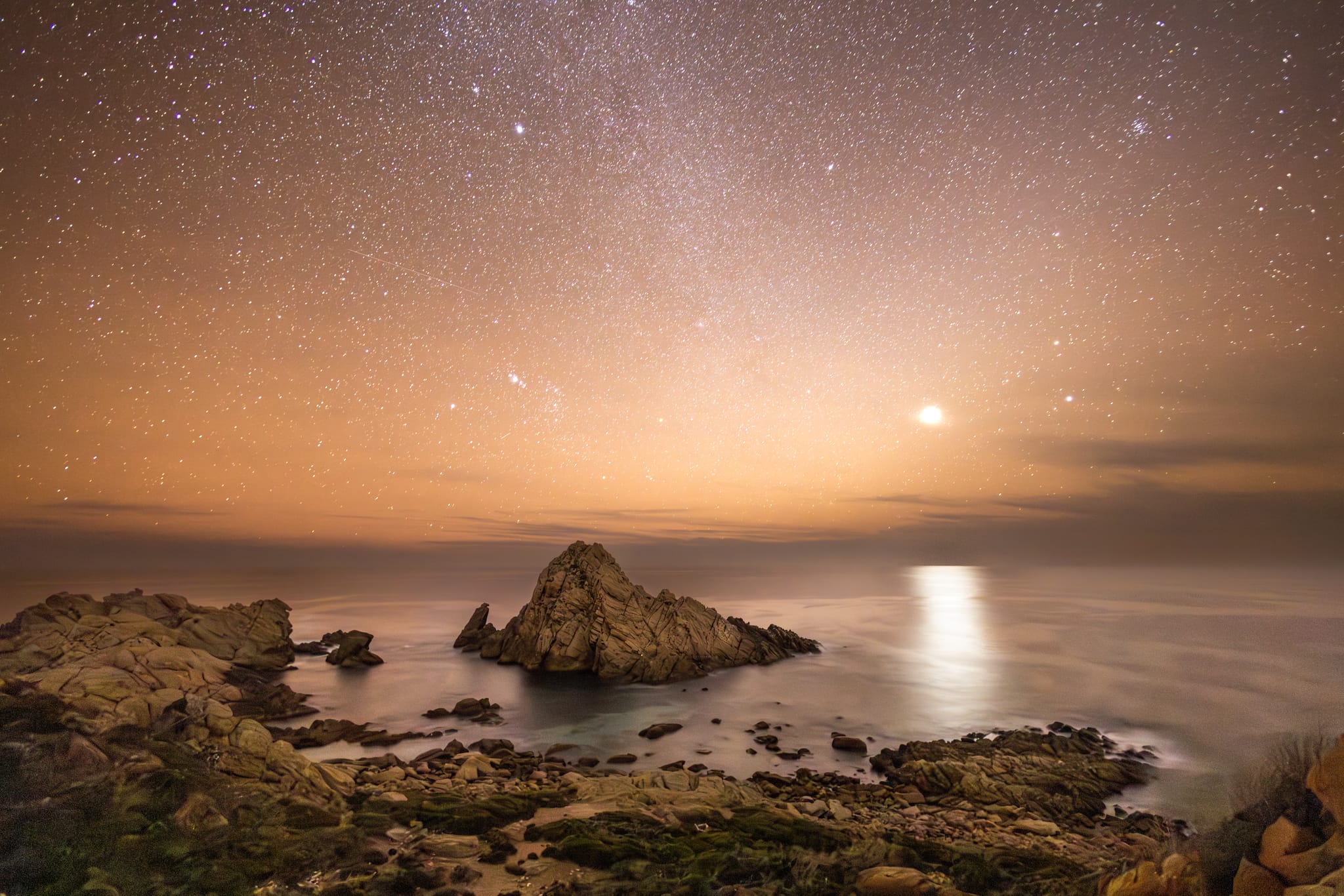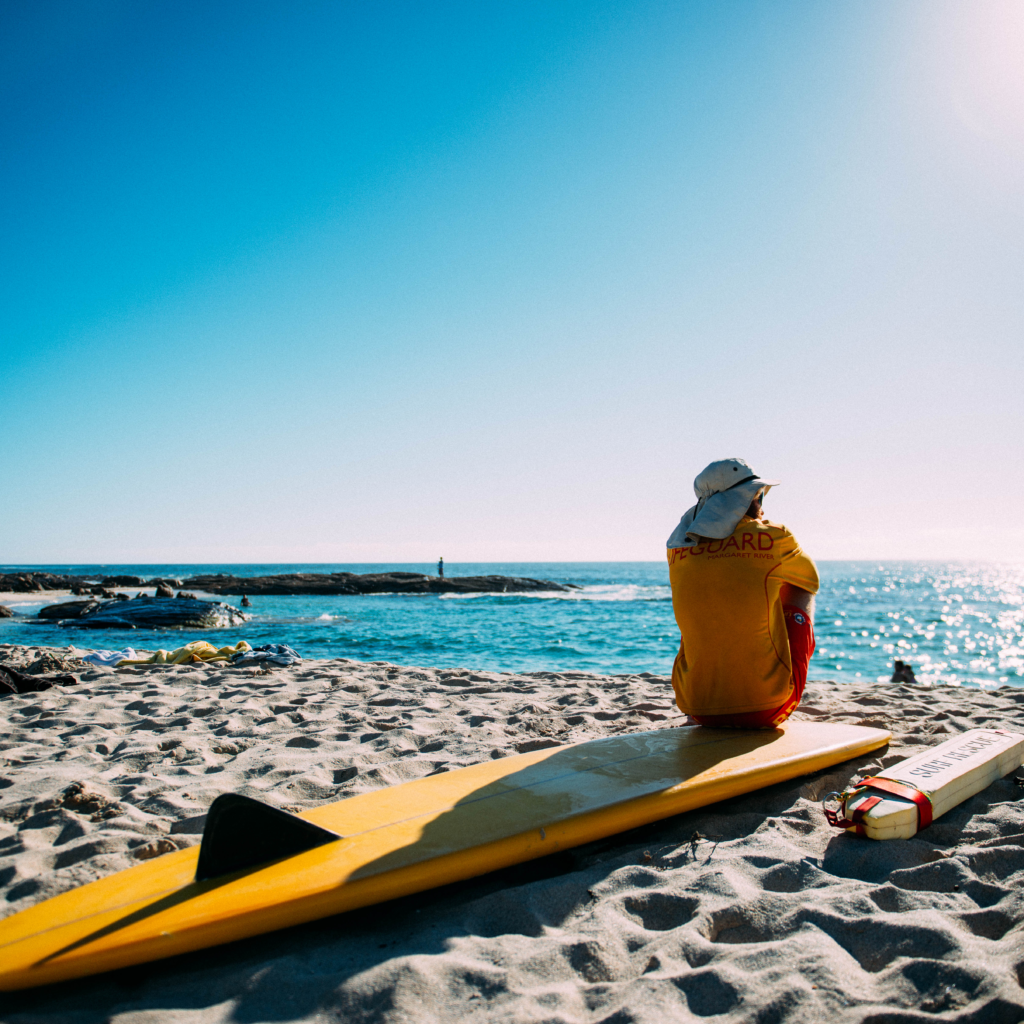Seeing a killer whale, also commonly known as an orca, is a privilege very few have had the chance to witness. About 50 kilometres off the coast of the small holiday and fishing town of Bremer Bay is a deep canyon, less than half a square kilometre in size. This recent discovery is home to the largest pod of killer whales in the Southern Hemisphere, with up to 100 killer whales spotted in the area at one time. You can witness this unique phenomenon by joining a daily research expedition that departs from Bremer Bay from late January to April each year.
Scientists believe that during a six-week period in summer a cold, salty current flows through the Bremer Canyon and creates an upwelling nutrient-filled water that attracts a plethora of marine life. In addition to killer whales, other apex predators surround the site including sharks, giant squid, dolphins and sperm whales.
Killer whales are present at the site or nearby more than 96 per cent of the time, making it a highly reliable expedition and one of the largest congregations of killer whales in the Southern Hemisphere.
Orca expeditions
More than a whale watching tour, the Orca Expeditions are a part of a research program. By joining, you not only help to support the program but you also become a part of an important project by assisting to spot Killer Whales. During the 1.5 hour journey to the site, you can also expect to see a wide variety of marine species including seabirds, dolphins, sharks, tuna and seals.
Bookings can be made direct with local tour operators Naturaliste Charters or Whale Watch Western Australia, or through surrounding visitor centres, such as Albany and Bremer Bay. Daily transfers from Albany are also available as a day trip with Busy Blue Bus, or you can extend your stay to include a Bremer Bay sights tour the following day.
What to expect
The trip out to the Bremer Canyon from the Bremer Bay Boat Harbour takes 1.5hrs (3hrs return). The full day tour (roughly 8hrs total) is majorly spent out in the canyon on the open Southern Ocean, so if you’re prone to sea sickness we recommend you exercise caution.
The orca are a predatory species, so it is likely you will witness them as they hunt, kill and eat their prey. There are also many other marine life in this isolated environment – a tour is an opportunity to see dolphins, sperm whales, long-finned pilot whales, and the rarer beaked or blue whales, as well as bird species such as the Shearwater and Petrel.




